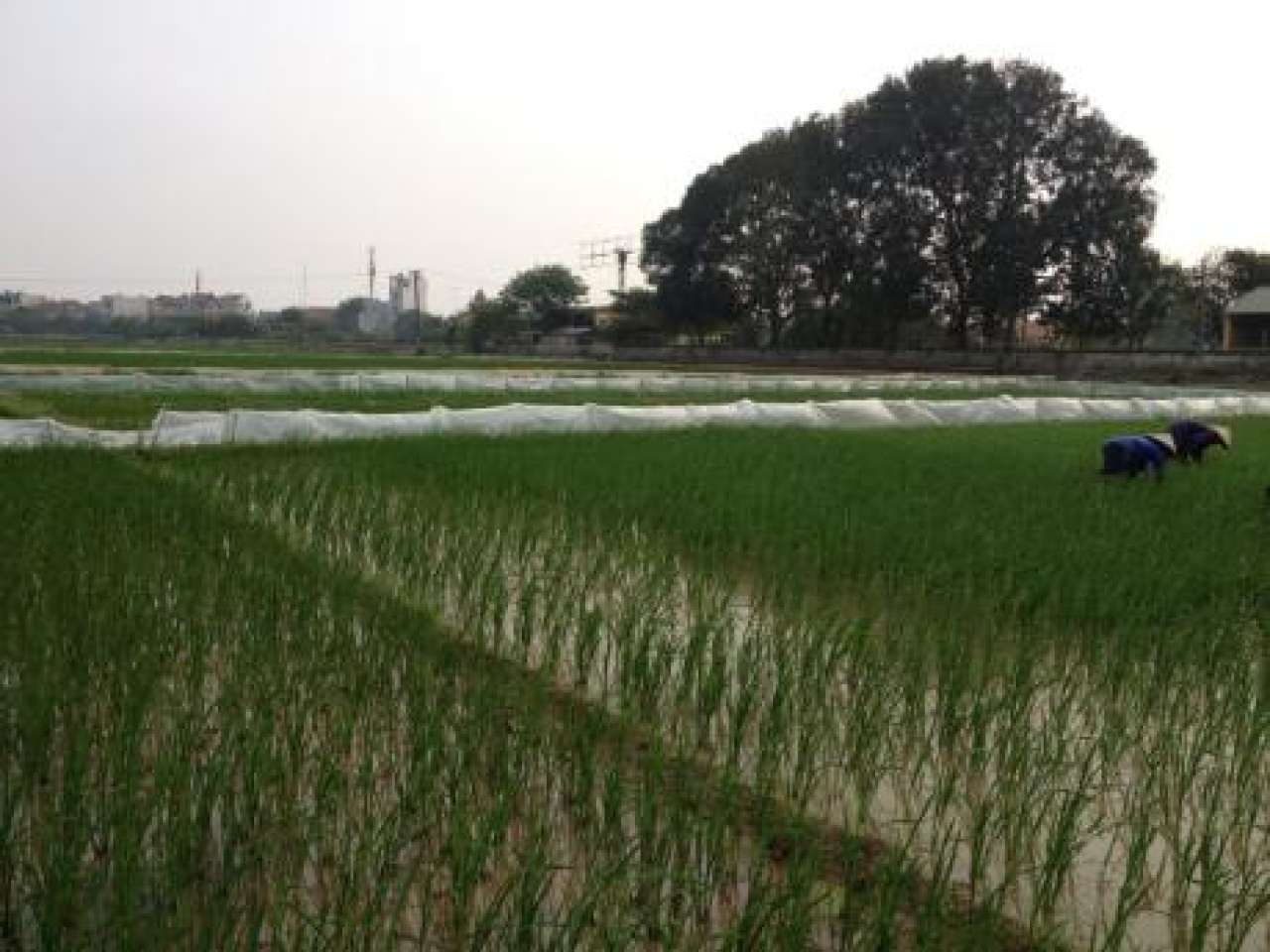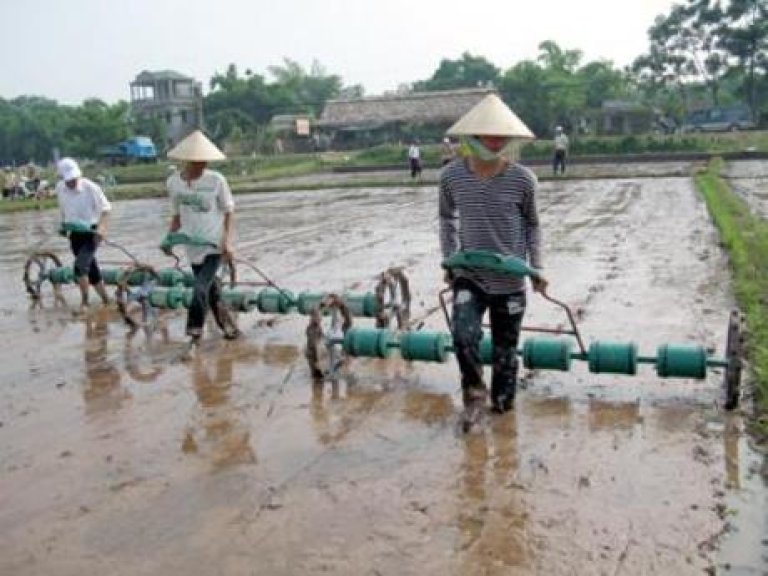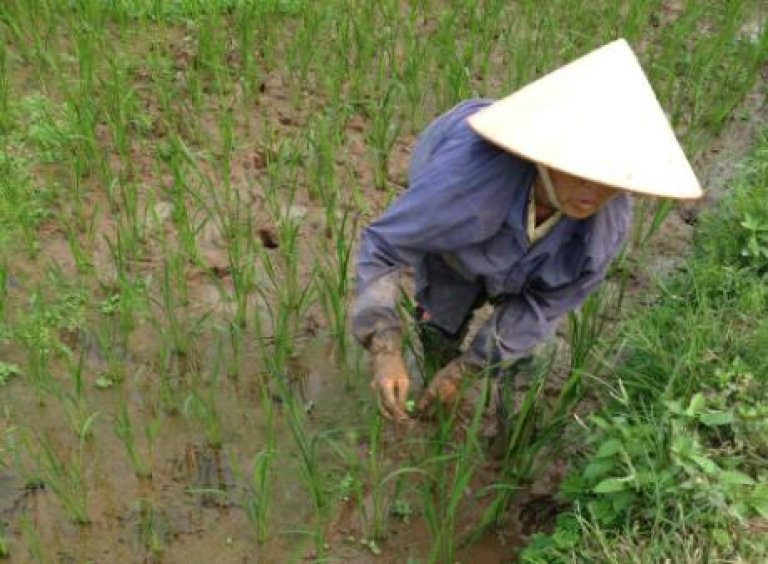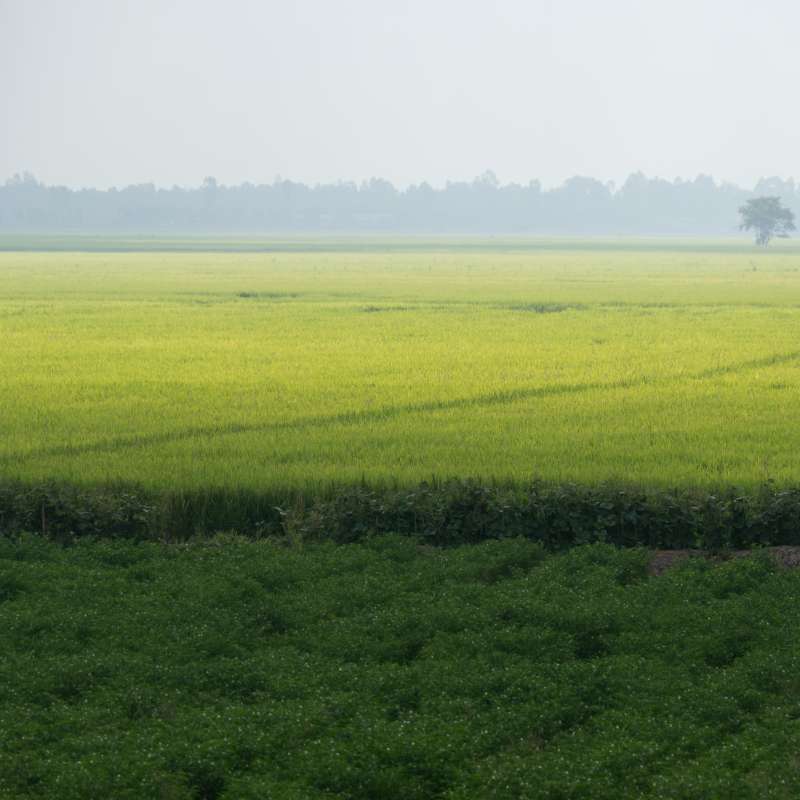Project implementation

Organizational arrangements for implementing ClimaViet.

Work package 1: Identification and characterization of rice farming systems that is vulnerable to climate change
Moreover, the rice productivity is likely to change due to climate change impacts, which will be evaluated by using selected crop modelling tools.
Deliverable 1.1: Climate Scenarios and impacts on rice production

Work package 2: Testing of selected potential measures for adaptation and mitigation within rice farming systems vulnerable to climate change
Main objective: To identify and pilot test selected climate smart measures that will help in adaptation and mitigation, (improve rice production and at the same time reduce GHGs emissions).
This component will also identify the most promising measures for adaptation and mitigation based on the present and future climate projections and evaluates how rice productivity can be enhanced. This is expected to demonstrate the need to adjust and integrate appropriate measures in order to reduce vulnerability to climate change in the selected areas and also help in reducing GHG emissions from rice ecosystems.
WP 2 leader: NIBIO.
Work package 3: Assessment of the current and future institutional framework needed for implementing potential adaptation and mitigation measures
Main objectives: To assess the current and future institutional framework needed for implementing potential adaptation and mitigation measures.
Deliverable 3.1: Adaptation and mitigation to climate change: Institutional and policy support in Vitenam (draft version)
.JPG)
Work package 4: Stakeholder Integration, Dissemination and Project Management
Main objectives:
- Integration of all project components by using information from WPs 1, 2 and 3,
- Ensure co-operation between the project team and local and regional stakeholders and other relevant on-going projects in the region
- Ensure that the results of the Project are disseminated to appropriate stakeholders

